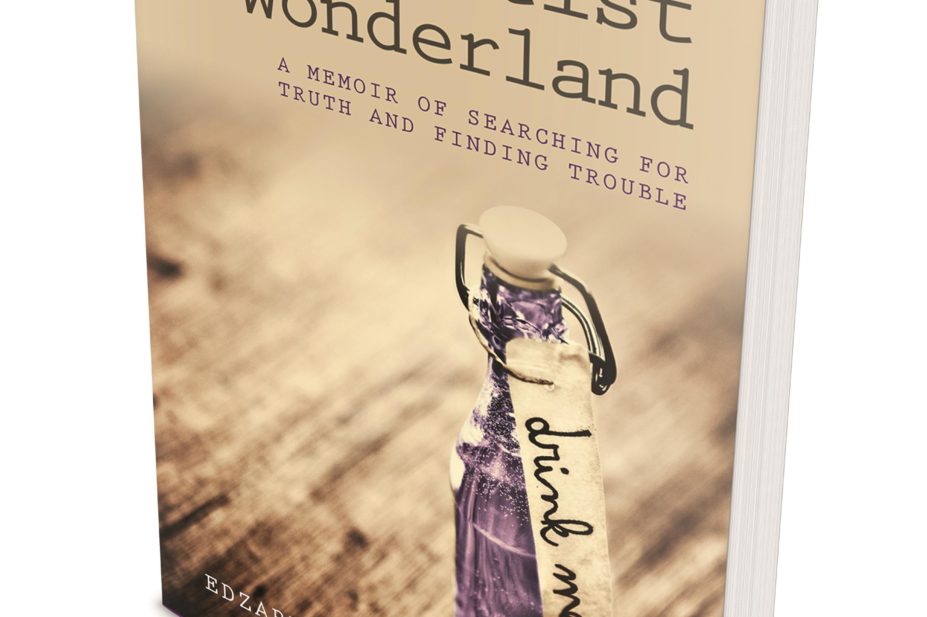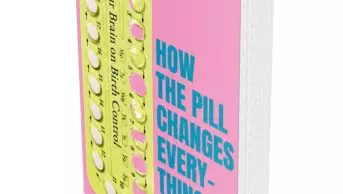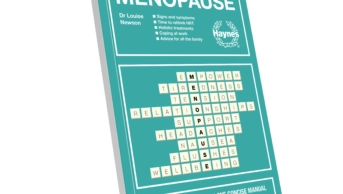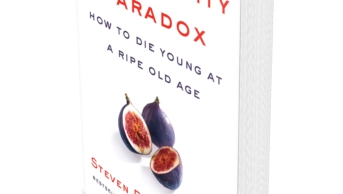
This engaging book is a memoir by a medical researcher whose passion for discovering the truth about untested therapies eventually forced him out of his job.
The book begins by outlining the author’s childhood in post-war Germany, his medical training and his uncomfortable early career as a physician in Munich and Vienna. Thanks in part to his experience of homoeopathy, hydrotherapy and naturopathy, he was appointed to the world’s first academic chair in complementary medicine at the University of Exeter in 1993. His aim on taking up the post was not to debunk alternative therapies but simply to apply scientific methods to the evaluation of treatments that had not previously been studied systematically.
The standard method for assessing the efficacy and safety of any medical therapy is the placebo-controlled, double-blind clinical trial, a technique that is not easily adapted to complementary and alternative medicine (CAM). Ernst, therefore, collaborated with CAM practitioners such as faith healers and acupuncturists to devise rigorous clinical trial methods that they found acceptable.
However, when his research demonstrated that their therapies were no better than placebo, he found himself subjected to vituperative abuse. Among the allegations laid against him was a false claim that he was in the pay of a corrupt pharmaceutical industry, even though his hypocritical accusers’ own vested interests lay in lucrative treatments that were not only dodgy but often dangerous.
Critics of Ernst’s research included the Prince of Wales, a notorious advocate for pseudoscientific homeopathy. To its shame, the University of Exeter bowed to royal pressure, leaving Ernst without funding for his research and forcing him into early retirement.
One might expect the author to be bitter about the way he was treated, but his highly readable book concentrates on fact rather than emotion. It should be required reading for anyone interested in medical research. And I hope Prince Charles can find time to read it too.
References
‘A scientist in wonderland: a memoir of searching for truth and finding trouble’, by Edzard Ernst. Pp173 £14.95. Exeter: Imprint Academic; 2015. ISBN 978 1 8454 0777 3


